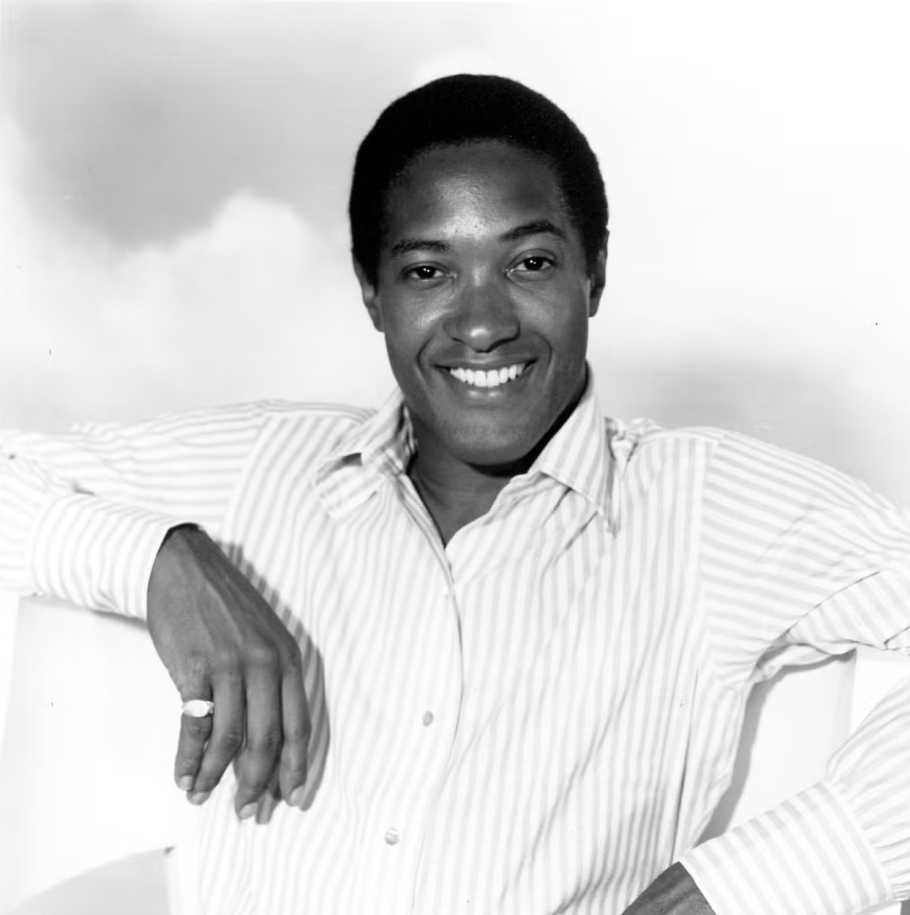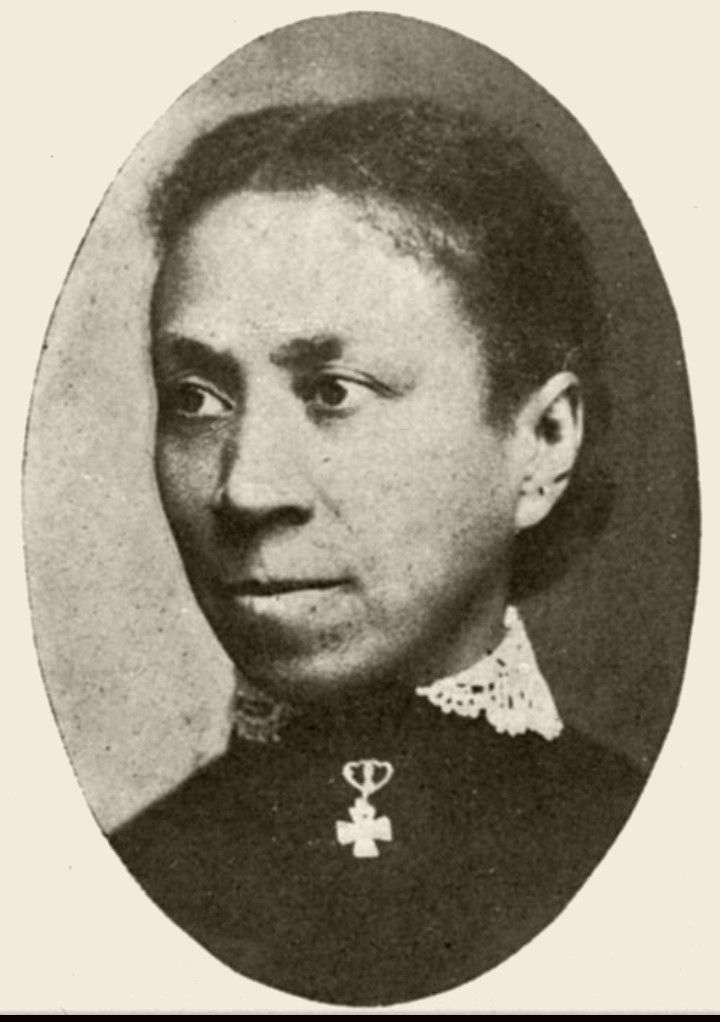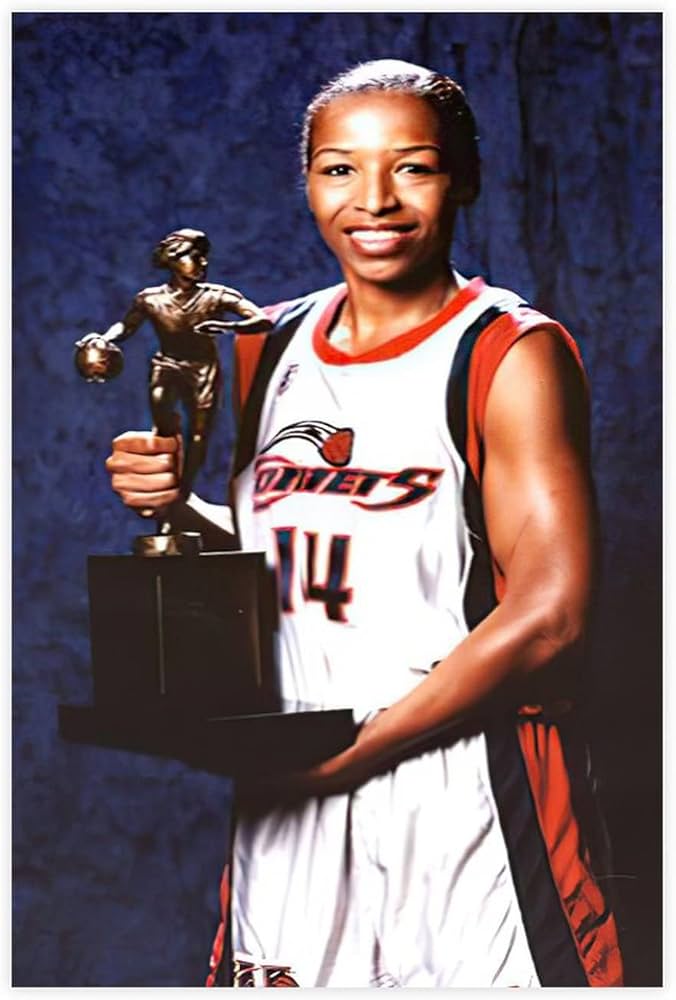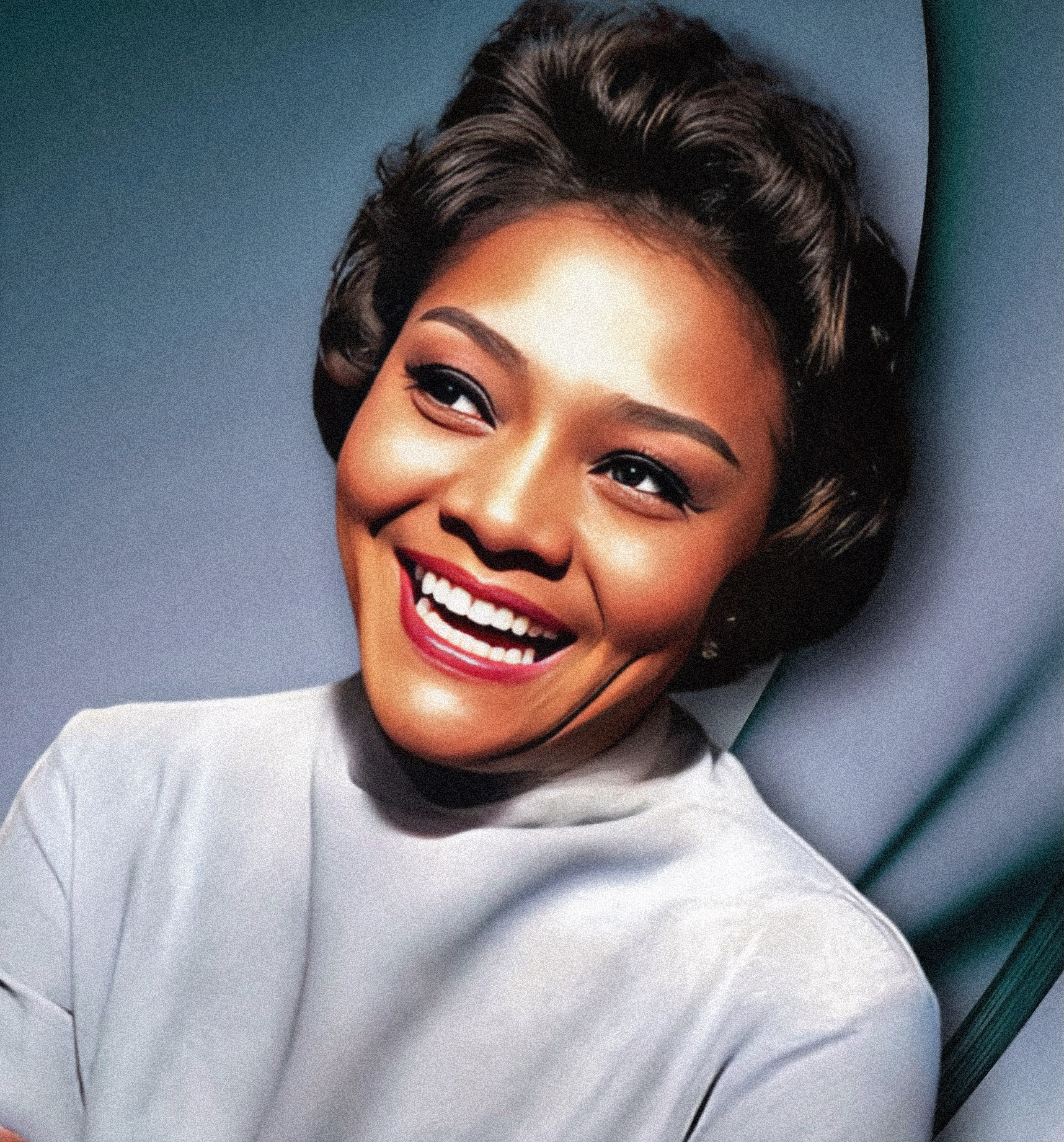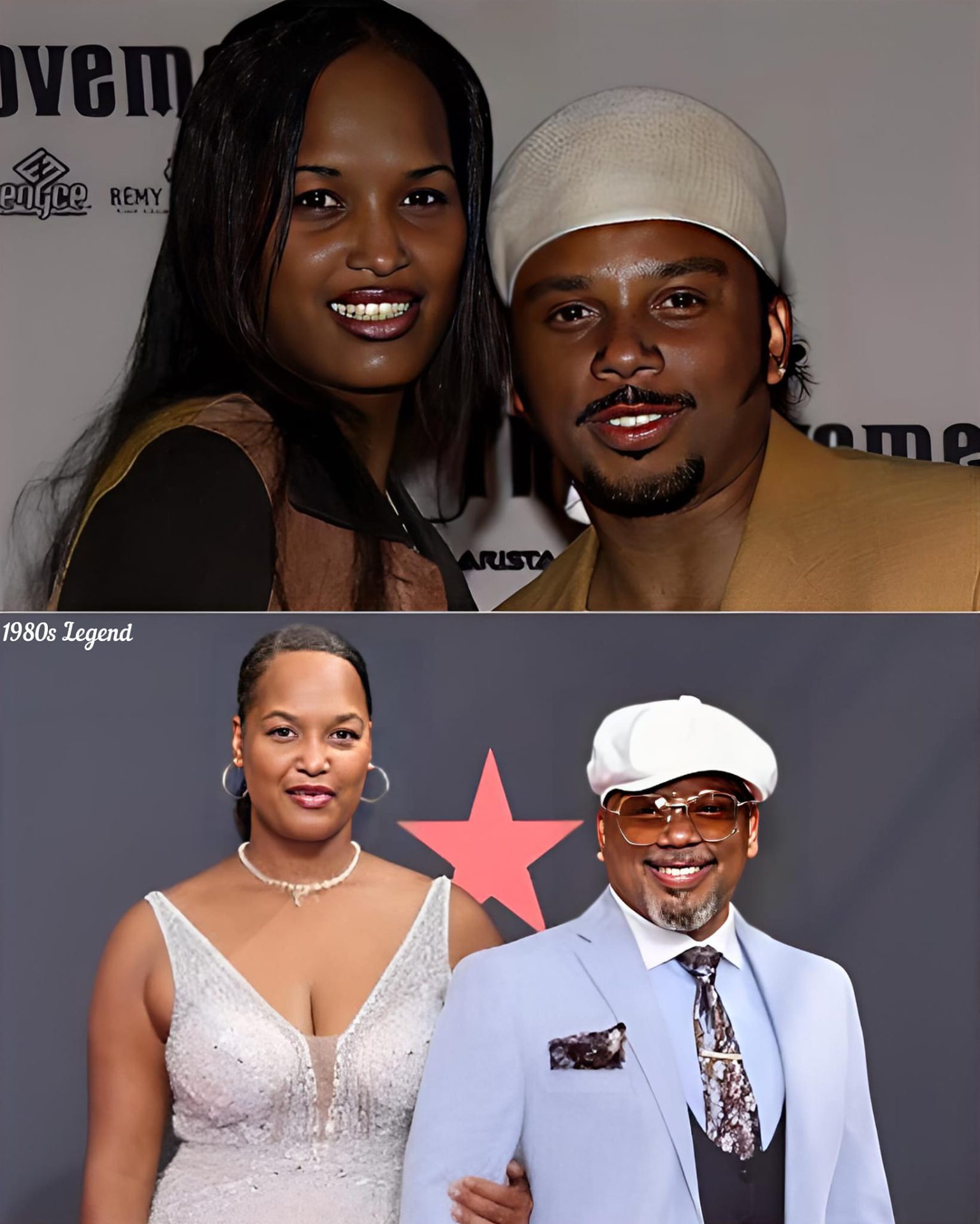Loans worth $13 billion have been sitting in banks for nearly two years, generating interest but weighing on banks’ balance sheets.
Twitter’s deal is not only the largest in dollar terms since the 2008 financial crisis, it’s also one of the largest of all time. Photo: Axios.
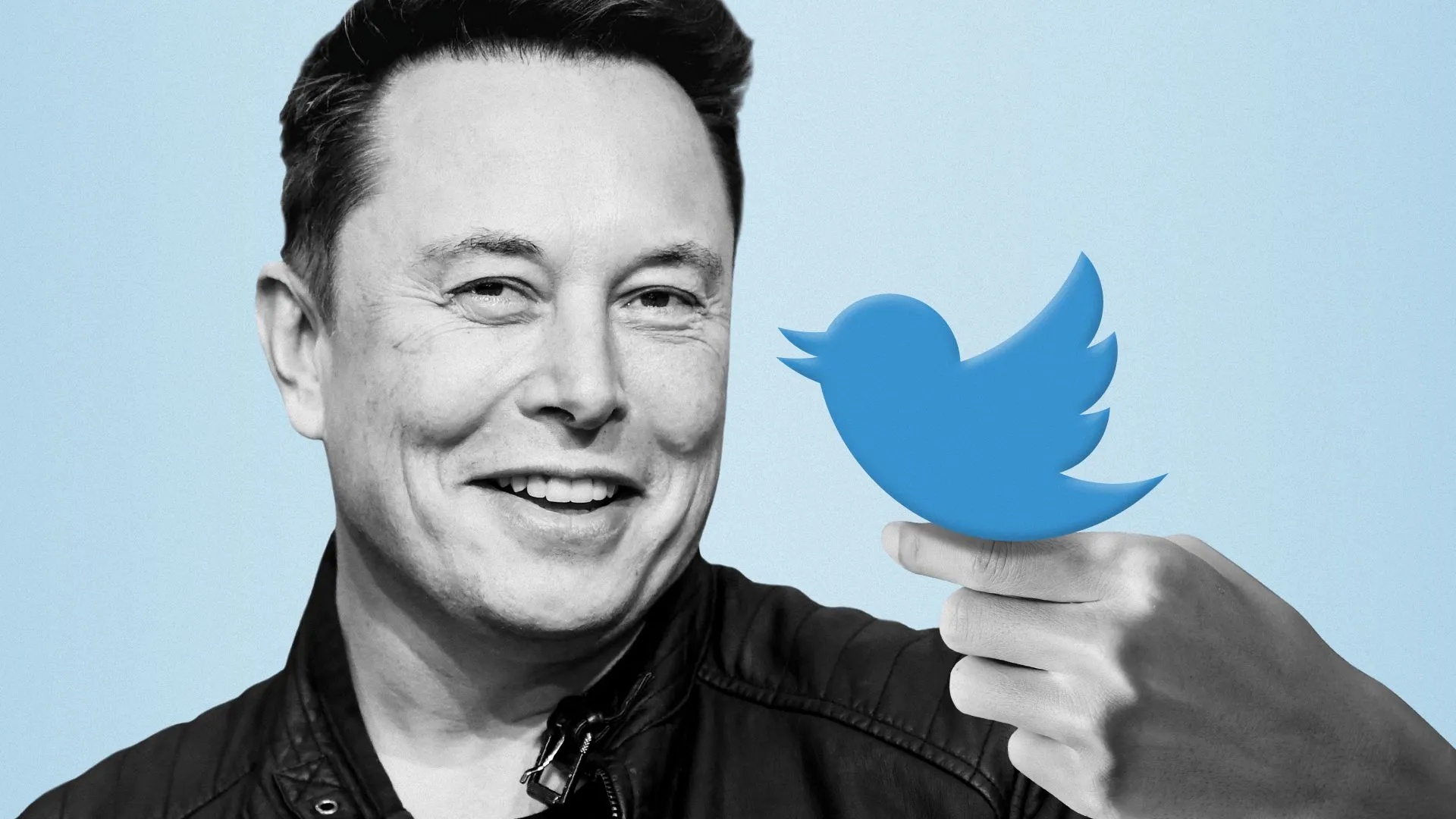
Twitter’s deal is not only the largest in dollar terms since the 2008 financial crisis, it’s also one of the largest of all time. Photo: Axios .
The $13 billion that banks lent Elon Musk to buy Twitter has become the “worst” merger deal since the 2008 financial crisis.
According to the Wall Street Journal , seven banks involved in the deal, including Morgan Stanley and Bank of America, lent the billionaire’s company money to take over X in October 2022. Lending banks typically quickly sell debt shares to other investors, turning them off the balance sheet, earning money from fees.
But the banks were unable to write down the debt without taking a huge hit, largely due to X’s poor financial performance, leaving the loans stuck on its balance sheet, or “hanging,” in industry parlance.
One of the biggest deals of all time
According to insiders involved in the deal, X’s depreciation has affected banks’ loan books, which is sometimes a factor that limits compensation for banks’ merger departments.
The value of Musk’s loans quickly declined after the $44 billion acquisition was completed. But new analysis shows that the resulting financial decline has made the merger one of the worst in banking history.
Nearly two years after Elon Musk’s acquisition, X’s business is still struggling to dig itself out of the hole the billionaire left it in. Photo: Sanjay Rawat/Fortune.
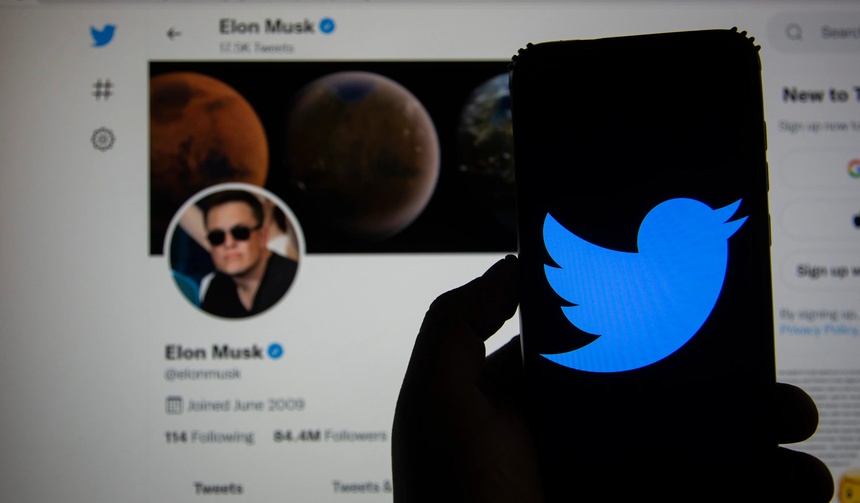
Nearly two years after Elon Musk’s acquisition, X’s business is still struggling to dig itself out of the hole the billionaire left it in. Photo: Sanjay Rawat/Fortune.
According to data from PitchBook LCD, Twitter loans have been sitting on the books longer than all outstanding transactions since the 2008 financial crisis. Back then, there were a lot of outstanding transactions, but banks during that period were still able to sell or write off most of their outstanding debt within a year.
Take a failed $20 billion deal in 2007 — bigger than Twitter — that went bust about 12 months after its banks wrote the check.
Steven Kaplan, a finance professor at the University of Chicago, said Twitter was not only the largest deal in dollar terms since the 2008 financial crisis, but also one of the largest of all time.
“The loans have weighed on the banks for much longer than other foreclosures we have seen,” he said.
Banks agreed to underwrite the overvalued deal largely because the lure of lending to the world’s richest man was so compelling, according to people involved in the deal. Musk and other investors put up about $30 billion to buy the company, which became a buffer for the banks in case things went wrong.
Banks such as Barclays, Mitsubishi UFJ Financial Group, BNP Paribas, Mizuho and Société Générale were able to make huge profits from X loans. They were typically seven to eight years in duration and charged interest rates several percentage points higher than the benchmark. The banks could still operate normally if X could pay off the interest and principal when the loans came due.
“At some point, they can sell at a loss, but with Musk, they can end up getting 100 cents on every dollar lent, if everything goes well,” Kaplan said.
Bank downgraded because Musk has not paid his debt
But two years after Musk bought it, X’s business is still struggling to dig itself out of the hole its new owner left it in. Last year, the social media company’s value more than halved, to about $19 billion .
While data suggests that usage of the app has increased as political news has exploded in recent weeks, there’s no evidence that this is a sign of a recovery in advertising revenue, a long-time revenue source for the company that has struggled since Musk took over.
Elon Musk and other investors spent about $30 billion to buy the company
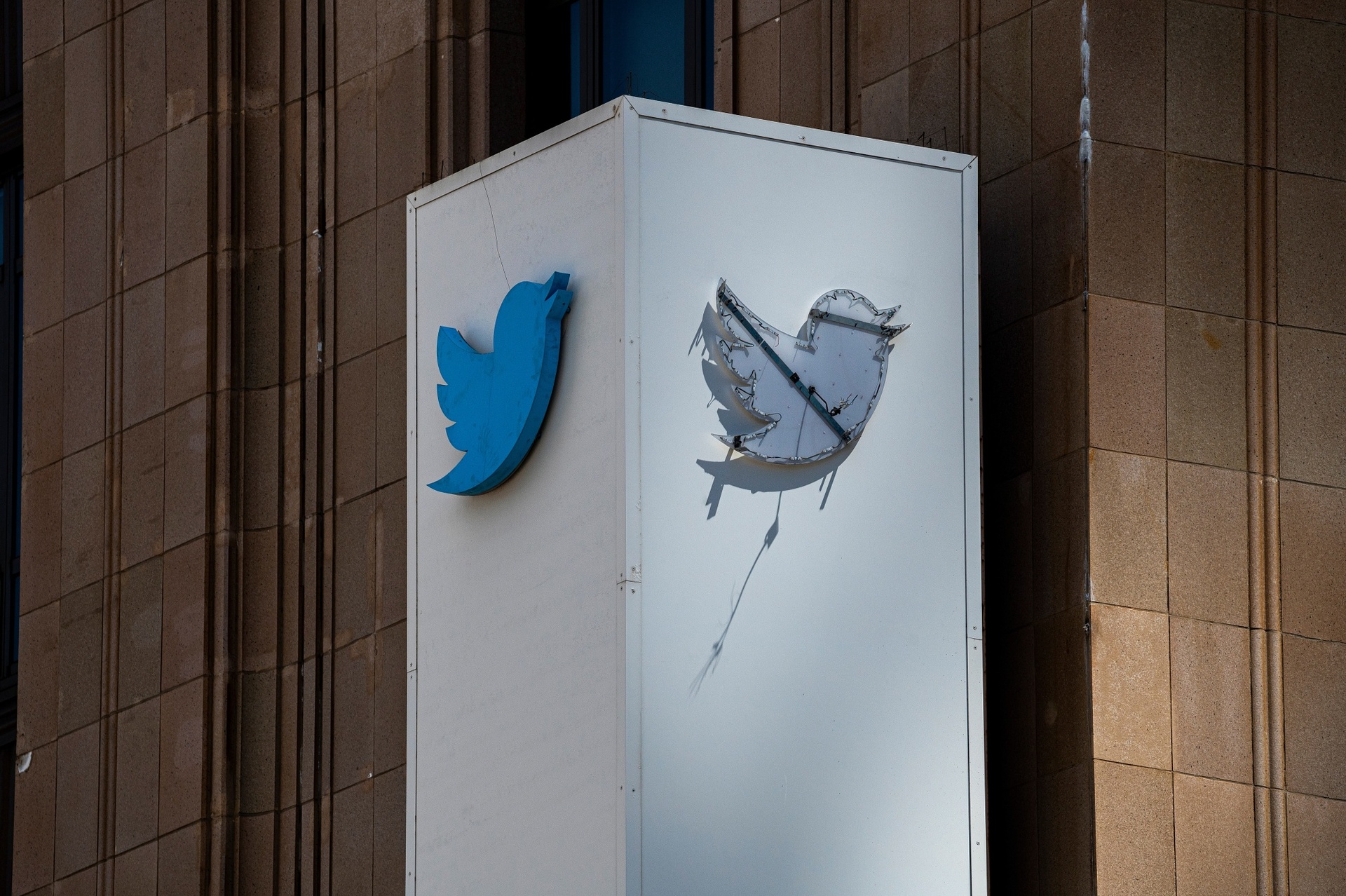
Elon Musk and other investors spent about $30 billion to buy the company. Photo: Bloomberg.
Musk has told advertisers to “go to hell” after leaving the platform, then sued them, claiming they conspired to illegally boycott X. The group of advertisers said they plan to contest the claims in court.
Paying off the loans did nothing to help X’s finances. Even before interest rates stopped rising, Musk said their total annual interest payments were around $1.5 billion .
As the two-year deadline for the Twitter loans rapidly approaches, banks have yet to move to sell them, even as the value of the loans has been reduced by hundreds of millions of dollars at some banks.
Paper losses on debt have dented banks’ profits. At the same time, holding high-risk loans on their balance sheets will attract more regulatory scrutiny. As a result of Twitter and other pending deals, some banks have had to scale back the amount they lend to finance mergers, according to the Wall Street Journal .
Twitter loans, along with other pending deals, have helped knock some banks off their investment banking rankings. Rankings are a key part of how banks market themselves to clients and can influence compensation.
According to data from Dealogic, Bank of America and Morgan Stanley held the top two spots in the U.S. leveraged finance investment bank rankings in 2021-2022 in the quarters before Musk bought Twitter. By 2023-2024, JPMorgan and Goldman Sachs—which did not finance the Twitter deal—had taken the top spots.
Earlier this year, the banks discussed a plan to restructure the deal, according to insiders, in which Musk could pay off some of X’s outstanding debt and the banks would agree to lower the interest rate on the payments. They said X had failed to deliver on its plan.
